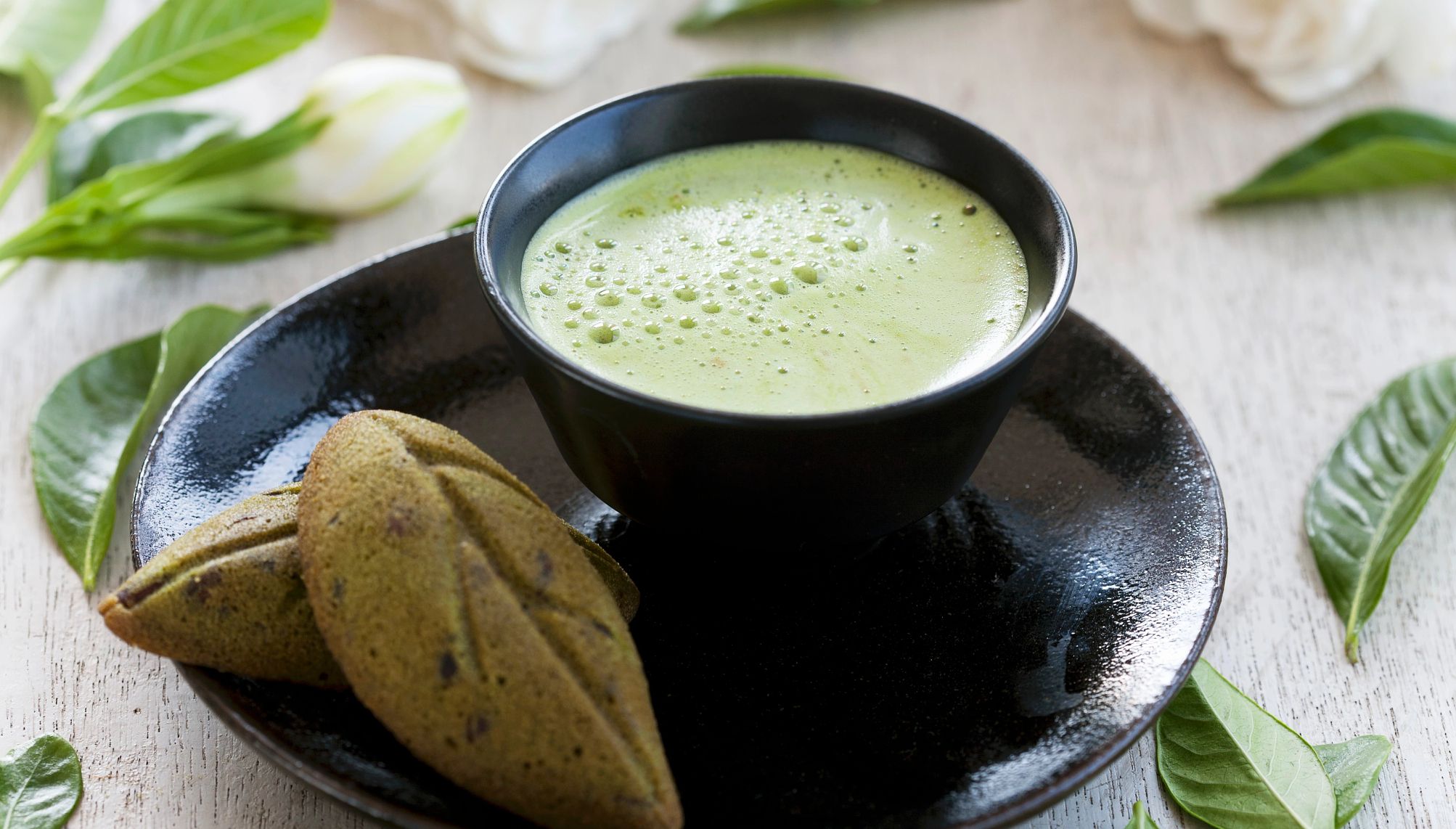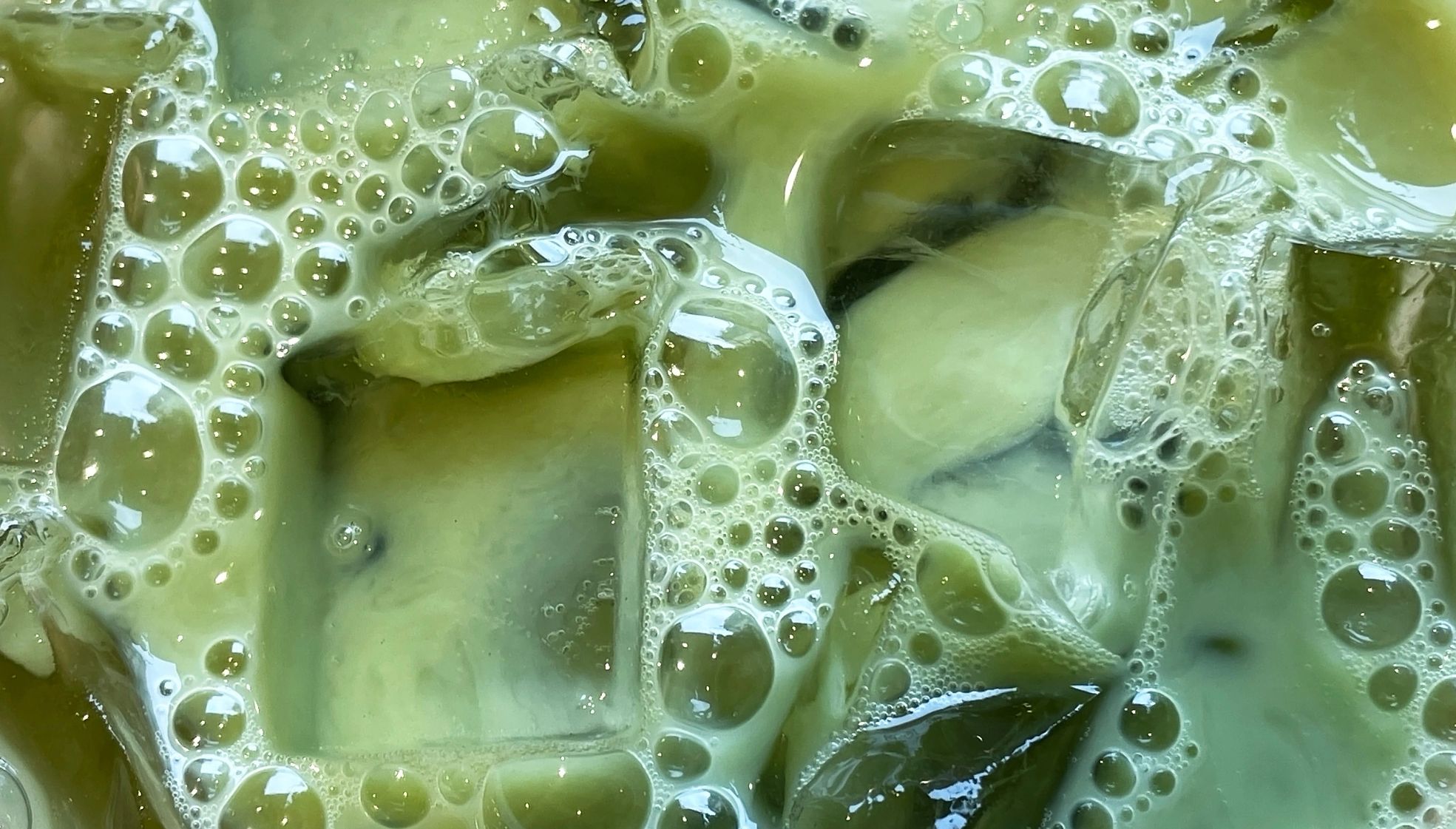AARP Hearing Center


Once considered an exotic drink central to Japanese tea ceremonies, matcha is now found in coffee shops and cafes around the world. But matcha’s vibrant green hue isn’t just good fodder for Instagram feeds. This green powder may also boost the health of older Americans. Research has found benefits for memory, heart health, immune system and healthy aging.
Many other types of teas and foods offer these benefits as well. Learn more about what sets matcha apart and whether it’s worth adding to your routine.
What is matcha?
Known for its distinct green color, matcha is a highly concentrated, powdered form of green tea made from the Camellia sinensis plant. Tea leaves used for matcha are grown in shade, creating a richer, sweeter flavor than other teas.
“Matcha is most readily consumed as tea and people in Asia, especially in Japan and China, have drunk matcha tea for centuries,” says Frank Hu, the chair of the Department of Nutrition at Harvard T.H. Chan School of Public Health. Recently, matcha powders have also been added to smoothies, ice cream, desserts and infusions.
Benefits of matcha
Researchers believe matcha’s benefits primarily originate from the tea’s high concentration of polyphenols, an antioxidant-rich nutrient found in plants. Many other foods also contain polyphenols, but the concentration in matcha sets this powder apart.
“I expected matcha to have a high antioxidant potential, but the result surprised me,” Karolina Jakubczyk, a professor in the Department of Human Nutrition and Metabolomics at Pomeranian Medical University in Poland said in an email. “It is by far the strongest antioxidant I have tested in the lab.”
Jakubcyzk adds that the polyphenols are 10 times higher in matcha than in green tea.
Polyphenols are known for anti-inflammatory and antioxidant properties, says Ron Hills, a professor of pharmaceutical sciences who specializes in integrative nutrition at the University of New England. He says many of the potential health benefits of matcha likely come from polyphenols
1. May benefit brain health
Matcha is known for its properties that promote healthy aging, especially for brain health. Research published in 2020 study investigated the effect of matcha on older adults’ cognitive functioning in Japan. In the study, 61 participants received a daily drink with either matcha or a placebo for two weeks.
Female participants who received matcha saw improvements for two markers of Alzheimer’s disease: overall functioning and episodic memory, the ability to remember details about everyday events. The male participants didn’t see the same results.
Other studies support matcha’s impact on memory, cognitive function and enhanced focus, though the research has found greater cognitive benefits in women than men and scientists say more large studies in humans need to be done to confirm matcha's benefits to brain health.






































































More on Health
Is Black Tea a Healthy Choice?
National Institutes of Health study suggests benefits of a second cup a day
What Is the MIND Diet?
The eating plan can give your brain a boost
Best Diet for Your Heart
The American Heart Association scores popular diets
Try These Tips for Living a Healthier Life
Small changes can add up to big mental and physical results
Recommended for You